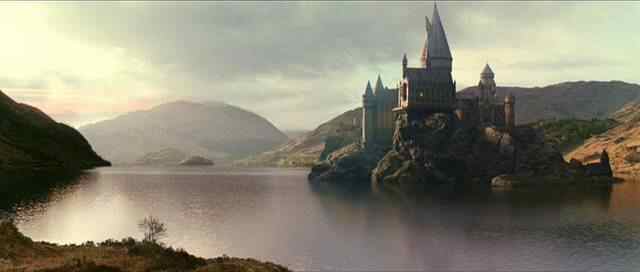Dialogue is an important element of the short story. The first time you write one, though, you may not pay close attention to dialogue. You’re worried about “capturing” the characters and story you’ve imagined in your head and you’re struggling to get it out on paper. What your characters say–and what they don’t–can reveal a lot about them. In “Vampires in the Lemon Grove,” for example, we learn that Clyde’s “life” before he met Magreb was influenced by his perceptions of vampirism. He was foolish and didn’t know it. As readers, we learn this through dialogue. Think about “Hills Like White Elephants” or other short stories you’ve read. Pay close attention to how the writer uses dialogue to reveal character. Then, write a brief journal entry explaining what you’ve discovered. How did you use dialogue in your story? No spoilers necessary, just technique. What might we learn about your characters from the things they say?
Tag: discussion questions
Setting the Story

What would The Great Gatsby be without Long Island and The Jazz Age? What about Harry Potter without magic or Hogwarts? Setting is an important element to any story, though one we might not automatically think about. Both where and when your story takes place affects your characters.
For this week’s journal entry, explain how you have or have not considered setting. If you’ve already written or planned your story, how might you revise the setting? If you haven’t yet thought about it, how might you use setting in your story? Think about your favorite stories. How does setting help shape them?
The Shape of Your Story
 Kurt Vonnegut’s explanation of the “shape of stories” is incredibly accurate: “man falls down a hole,” “boy meets girl,” and “girl loses mother.” Those “shapes” appear in every genre, in every time period. Yet writers find a way to make the stories seem new.
Kurt Vonnegut’s explanation of the “shape of stories” is incredibly accurate: “man falls down a hole,” “boy meets girl,” and “girl loses mother.” Those “shapes” appear in every genre, in every time period. Yet writers find a way to make the stories seem new.
Your task for this week is to decide on the shape of your story. Although you don’t need to give anything away in your journal entry, explain why you chose the shape that you did. What type of story are you writing, or are planning to write? How might you make it seem new? Make sure to rewatch the Vonnegut video first.
I Survived My First Workshop
…and all I got was this discussion question!

Congratulations on making it through your first workshop. Sharing your writing with other writers is daunting. At their best, though, workshops are an incredibly rewarding experience. I’m proud of all of you for embracing the challenge.
For some of you, this was also your first poem. You’ve discovered what the seasoned poets already know–writing poetry is difficult. So, for this week’s journal, I’d like you all to reflect on how you did it. What was your writing process? What surprised you? How did you know when it was “finished”? What did you learn from your workshop experience that you can use to write your next poem?